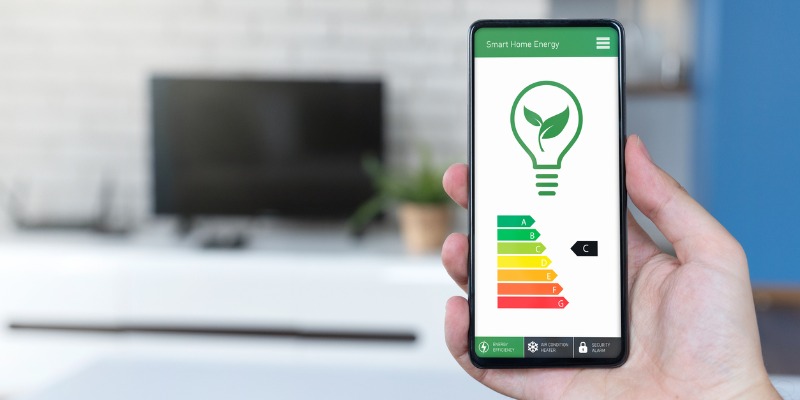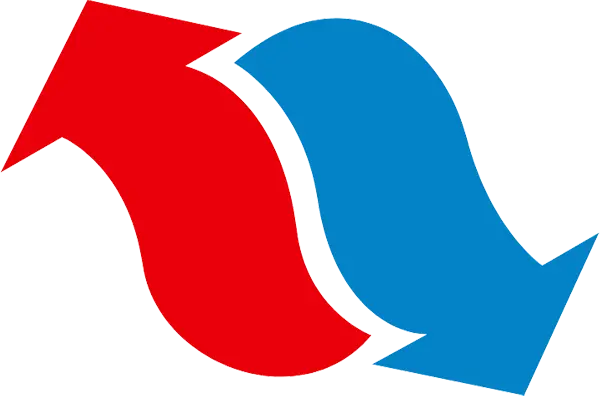
As a homeowner, you may be looking for ways to reduce your home's carbon footprint and energy consumption. One of the most impactful ways to do this is by upgrading your HVAC (heating, ventilation, and air conditioning) system.
In this guide, we will explore the best HVAC systems for a green home, ways to reduce energy consumption and costs, and how to tell if your HVAC system needs to be replaced.
The most sustainable HVAC systems are those that use renewable energy sources, such as geothermal and solar power. However, if these sources are not readily available to you, then you can always count on heat pumps.
Heat pumps can both heat and cool a home and are vastly more efficient than traditional air conditioners and furnaces. These appliances use electricity instead of hydrocarbon fuels and work well in nearly any climate.
One of the most effective ways to reduce your HVAC energy consumption is by properly maintaining your system. This includes regular cleaning and servicing to ensure that it is running at peak performance.
Additionally, you can reduce energy usage by upgrading various parts of your system. This includes programmable thermostats, greener appliances, and better insulation. These upgrades also significantly boost HVAC cost savings in the long run.
If your HVAC system is more than 15 years old or if it consistently requires repairs, it may be time to consider a replacement. Another indication that you may need an HVAC system replacement is if your energy bills have steadily increased, even though your usage hasn't changed.
Standard furnaces have an efficiency rating of about 80%, while high-efficiency furnaces are over 90% efficient. This means high-efficiency furnaces require less fuel to produce the same heat output as a standard furnace. The result is lower energy bills and reduced carbon emissions.
The appliances that use the most energy in your home are typically your HVAC appliances, water heater, refrigerator, washer, and dryer. Out of HVAC appliances, central air conditioning units, furnaces, and boilers tend to consume the most energy.
Upgrading your home with energy-efficient HVAC systems will help you save money in the long run! Contact us today to learn how you can save!
An energy recovery ventilation (ERV) system is a type of HVAC system that helps to improve indoor air quality by exchanging stale indoor air with fresh outdoor air. An ERV system also helps to recover energy from the indoor air and transfer it to the incoming fresh outdoor air, making your HVAC system more efficient.
In contrast, traditional systems will pump out the temperate indoor air and then need to heat or cool the intake air, expending more energy at every stage of the cycle.
Infrared heating is simply a specific type of radiant heating. Both are considered extremely efficient because they use radiation (that is, safe radiation) to heat objects and people directly rather than heating the air around them. This means that less energy is required to achieve a comfortable temperature.
One way to boost HVAC efficiency is by installing a smart thermostat. Smart thermostats allow you to better control the temperature in your home and can help to reduce your energy consumption.
A smart thermostat is a type of thermostat that can be controlled remotely using a smartphone or other device. Smart thermostats allow you to set temperature schedules, monitor energy usage, and adjust settings even when you're not at home, making them a more convenient and energy-efficient option.
Fortunately, you can recycle your old thermostat. One of the easiest ways is through the Thermostat Recovery Program (TRP), delivered by the Heating, Refrigeration and Air Conditioning Institute of Canada (HRAI). To dispose of your old thermostat, simply drop it off at a registered location.
If you're ready for an HVAC system upgrade, consider working with the team at Appleby Systems. We'll help you achieve a more efficient and eco-friendly home with HVAC maintenance packages, top-quality appliances, and various sustainability incentives. Contact us today to learn more!
